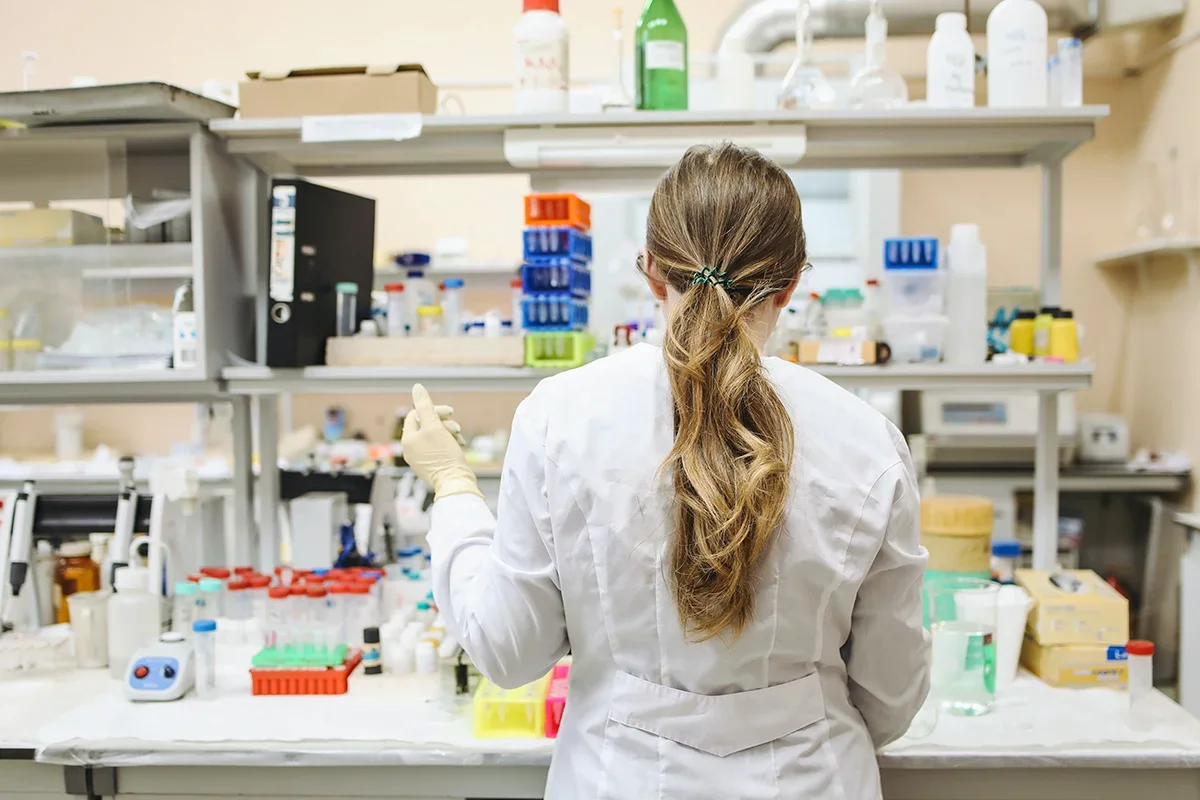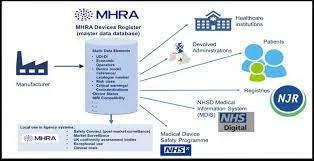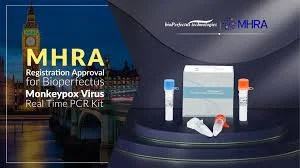The Medicines and Healthcare products Regulatory Agency (MHRA) is responsible for regulating medicines in the United Kingdom. The MHRA medicines registration process ensures that all pharmaceutical products meet strict standards of safety, quality, and efficacy before they are made available to the public. This comprehensive guide will take you through the intricate steps involved in obtaining MHRA approval, providing valuable insights into the complex world of medicine regulation.
1. Identifying the Need for MHRA Medicines Registration
Before a medicine can be registered with the MHRA, extensive research and development are conducted by pharmaceutical companies. This process involves scientific evaluation, preclinical trials, and clinical trials to determine the potential benefits and risks of the drug. Companies must gather substantial evidence to demonstrate the need for the medicine and its potential impact on patient care.

2. Preparing the MHRA Application
Once the need for registration is identified, pharmaceutical companies compile a comprehensive dossier containing all relevant data about the medicine. The dossier provides detailed information about the drug's composition, manufacturing process, and proposed therapeutic uses. It also includes data from preclinical and clinical trials, along with supporting documents such as stability studies and labeling information.
3. Submitting the MHRA Application
After the dossier is prepared, pharmaceutical companies can submit their application to the MHRA. It is essential to ensure that the application is complete and complies with all regulatory requirements outlined by the agency. Failure to provide necessary information or meet specific criteria may result in delays or rejection of the application.
4. Initial Validation Process
Upon receiving the application, the MHRA conducts an initial validation process to ensure its completeness. This step involves reviewing the application, confirming that all required documents are included, and verifying that the appropriate fees have been paid. Once the application is deemed valid, it proceeds to the assessment stage.
5. Assessment of the MHRA Application
During the assessment stage, a team of experts at the MHRA reviews the submitted data to evaluate the medicine's quality, safety, and efficacy. The experts consider factors such as the proposed therapeutic uses, expected benefits, and potential risks associated with the medicine. The assessment also involves evaluating the manufacturing process, packaging, and labeling information to ensure compliance with regulatory standards.
6. Pharmacovigilance Assessment
In addition to assessing the medicine's quality, safety, and efficacy, the MHRA also evaluates the pharmaceutical company's pharmacovigilance activities. This assessment focuses on how well the company has monitored and managed the safety of the medicine during its development and clinical trials. The MHRA looks for robust safety monitoring systems and evidence of effective risk management measures.

7. Regulatory Inspections
To ensure compliance with good manufacturing practices, the MHRA may conduct inspections of the pharmaceutical company's manufacturing and testing facilities. These inspections aim to verify that the medicine is consistently produced and meets the required quality standards. The MHRA assesses factors such as the cleanliness of the facility, adherence to standard operating procedures, and the accuracy of quality control tests.
8. Labeling and Packaging Compliance
The MHRA evaluates the proposed labeling and packaging of the medicine to ensure that it provides clear instructions and necessary information for healthcare professionals and patients. Proper labeling and packaging are crucial for preventing medication errors, enhancing patient safety, and ensuring that the medicine is used correctly.
9. Granting of MHRA Marketing Authorization
After completing all necessary evaluations, the MHRA decides whether to grant marketing authorization for the medicine. This authorization allows the pharmaceutical company to market and distribute the medication within the UK. If granted, the company can proceed with commercializing the approved medicine.

10. Post-Marketing Surveillance
Once a medicine receives marketing authorization, the MHRA closely monitors its safety and efficacy in real-world use through post-marketing surveillance. This includes ongoing evaluation of adverse drug reactions, monitoring of clinical efficacy, and the identification of any emerging safety concerns. The MHRA collaborates with healthcare professionals and other regulatory agencies to gather and analyze data on the medicine's performance, ensuring that its benefits continue to outweigh any potential risks.
Conclusion
Understanding the MHRA medicines registration process is vital for pharmaceutical companies and stakeholders involved in the development and distribution of medicines. The MHRA's role in regulating medicines in the UK ensures that only safe, effective, and high-quality medications reach the public. By adhering to the rigorous requirements of the MHRA medicines registration process and maintaining open communication with the agency, pharmaceutical companies contribute to improving patient health outcomes.
Kingsmead representation and advisory services can help companies navigate the complex registration process and ensure their products meet the highest standards of safety and effectiveness.
Feel free to contact us today or browse our website to learn more about how we can help your company successfully obtain registration with MHRA medicines registration in China.
Email:office@kingsmead-service.com.
Website:www.kingsmead-service.com


